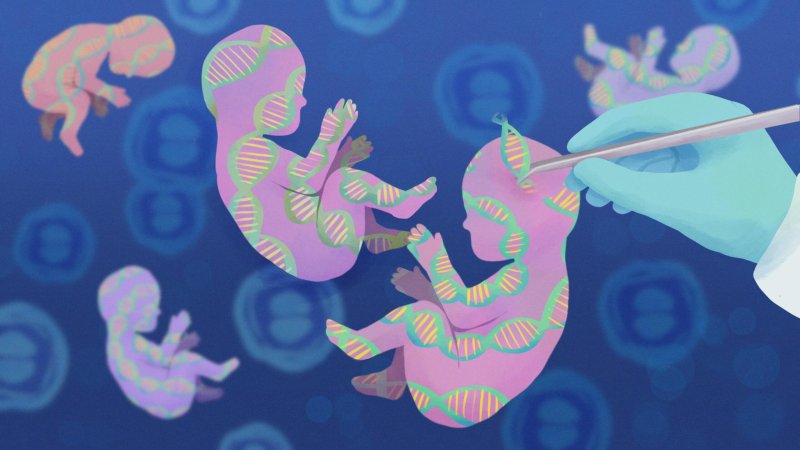Biologist Kathy Niakan and her team at the Francis Crick Institute wanted to better understand the role of a particular gene in the earliest stages of human development. So, using CRISPR, they deleted that gene in human embryos that had been donated for research. When they analyzed the edited embryos and compared them to ones that hadn’t been edited, they found something troubling: Around half of the edited embryos contained major unintended edits.
“There’s no sugarcoating this,” says Fyodor Urnov, a gene-editing expert and professor of molecular and cell biology at the University of California, Berkeley. “This is a restraining order for all genome editors to stay the living daylights away from embryo editing.”
…
A major safety concern with using CRISPR to fix faulty DNA in people has been the possibility for “off-target” effects, which can happen if the CRISPR machinery doesn’t edit the intended gene and mistakenly edits someplace else in the genome. But Niakan’s paper sounds the alarm for so-called “on-target” edits, which result from edits to the right place in the genome but have unintended consequences.
“What that means is that you’re not just changing the gene you want to change, but you’re affecting so much of the DNA around the gene you’re trying to edit that you could be inadvertently affecting other genes and causing problems,” says [cardiologist] Kiran Musunuru.































